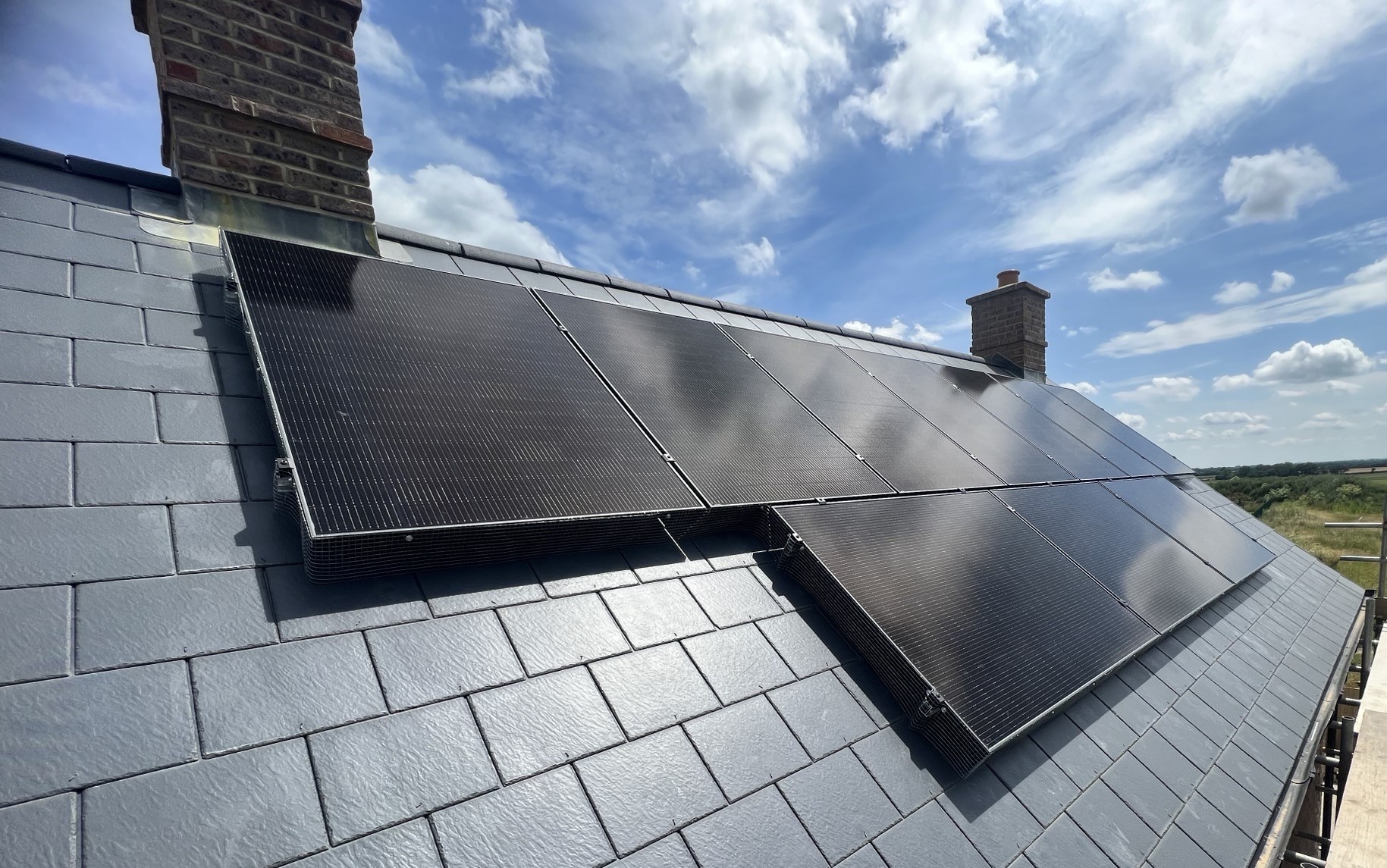The roof of your property is worth a lot of money, whether you own or rent it. With rising energy bills and a growing demand for greener living, landlords and tenants alike are starting to see the value of solar energy.
When it comes to a rented property, things get a little bit more complicated, but nothing that SolarTherm UK can’t break down for you in this article. From permissions to finance, here’s everything tenants and landlords need to know about a solar panel installation on a rented property.
Who finances a solar panel installation?
Landlord funded installations
In most cases, it would be the landlord who would need to fund the installation of your solar PV system. The panels become a fixed part of the property and contribute to its long-term value. The landlord also benefits from a higher EPC (Energy Performance Certificate) rating which is important when letting the property and can give the potential for higher rent for energy efficient properties.
Tenant funded installations
When tenants have a long-term let agreement, it can sometimes be agreed that the tenant funds or co-funds a solar installation, especially if they are going to be the main beneficiary of the savings. The tenant benefits from lower electricity bills, more energy independence and the opportunity live a more sustainable lifestyle. However, it is challenging to decide who pays for the system if they move before the system has paid for itself and that would need to be agreed and decided before installation takes place
Who benefits from solar energy in a rental property?
This will all depend on how the system is used and the agreement that is in place. The tenant will benefit from reduced electricity bills, especially if they are using most of their electricity in day-light hours or have smart tech such as timers installed to run their appliances. If the landlord receives the SEG (Smart Export Guarantee) payments for exported electricity, they may recoup some of the investment and some landlords choose to adjust the rent slightly to reflect the property’s improved energy efficiency.
What permissions and legal requirements are there?
Landlords must ensure all planning, DNO (Distribution Network Operator) approval and building regulations are met. They will also need to inform tenants of planned work and make them aware of any expected disruption before installation. Tenants who are financing the solar PV system will require written permission from their landlord before installing anything.
It is thought that a EPC rating of band C or above may soon be a legal requirement for all rental properties – solar panels will boost your EPC rating.
At SolarTherm UK, to protect the property and longevity of your solar PV system, we recommend working with an MCS-certified installer, and choosing am EPVS-accredited installer for transparency around performance and savings.
How SolarTherm UK can help
We’ve helped landlords across the South East turn rental properties into energy-efficient homes for over 15 years. We are MCS-certified, are Gold Members of EPVS accreditation scheme and are an Octopus Energy Trusted Partner.
We can help you discover the potential of your roof and advise on finance options and any grants you or your tenant may qualify for. We can also offer annual maintenance checks and advice over the phone for any questions you or your tenant may have.
So whether you’re a landlord looking to increase property value, or a tenant hoping to cut your energy bills, our expert team will work with both parties to find a win-win solution to your solar power needs.
Solar for rented properties is not only possible, it’s becoming increasingly popular. With the right agreement in place, both the landlord and tenant can benefit from a cleaner, sustainable future.
Ready to explore your options?
Contact SolarTherm UK today for a free bespoke design package, tailored to your property and future energy goals. No hard sell, just honest, expert advice.





